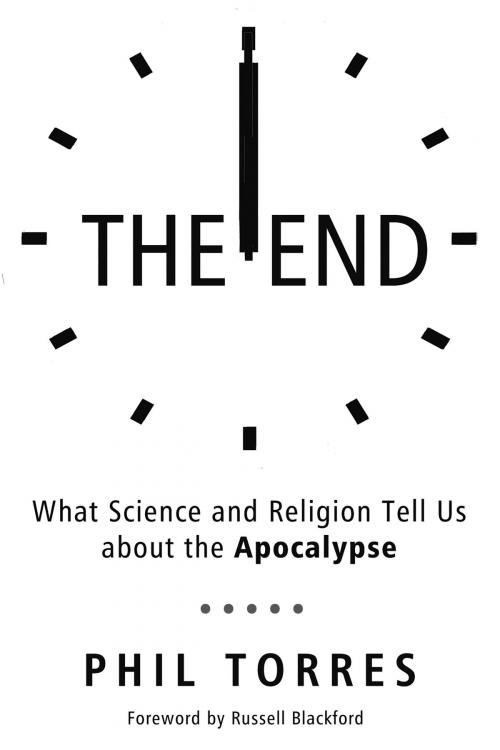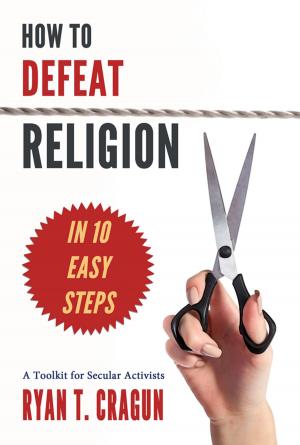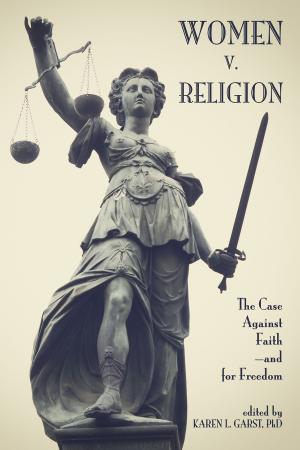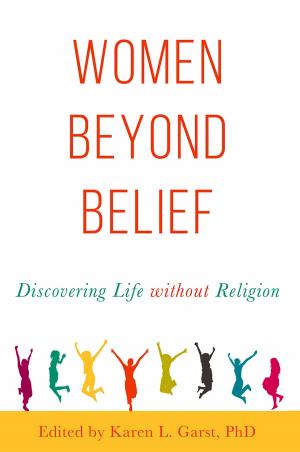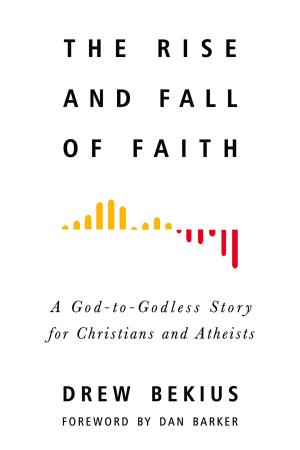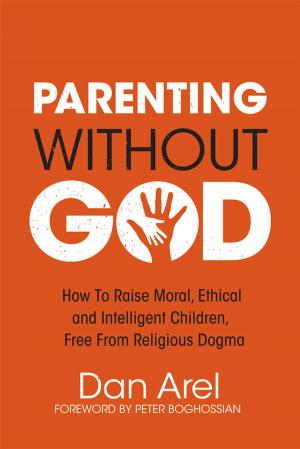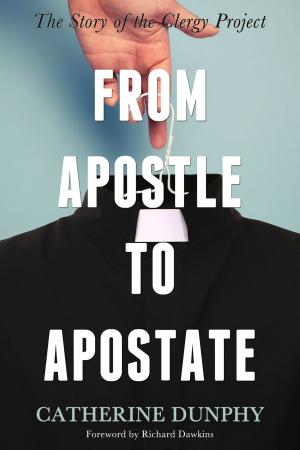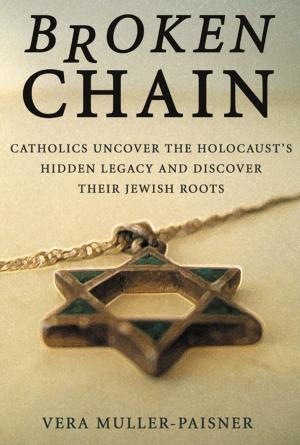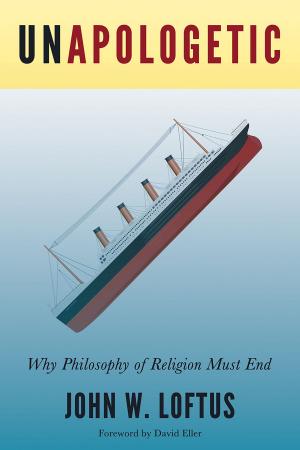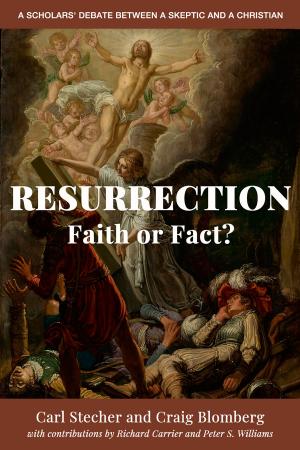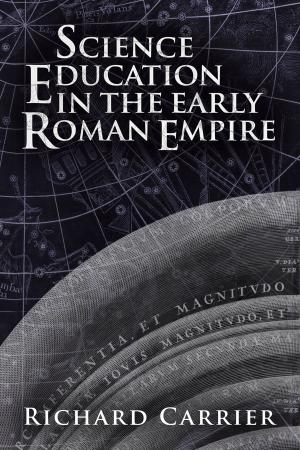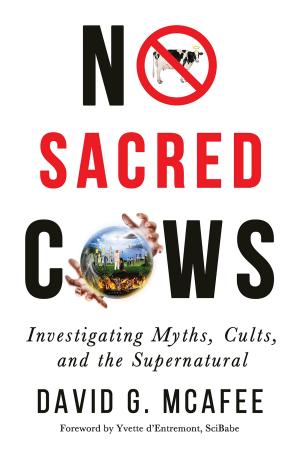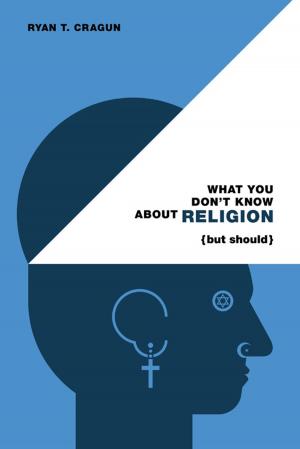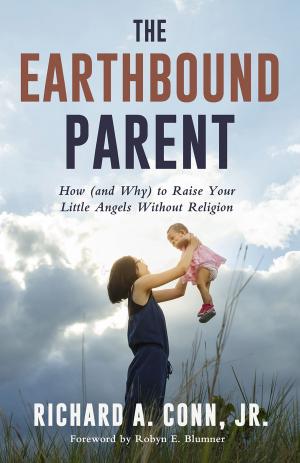End
What Science and Religion Tell Us about the Apocalypse
Nonfiction, Religion & Spirituality, Reference, Eschatology, Science & Nature, Science, Other Sciences, Philosophy & Social Aspects| Author: | Phil Torres, Russell Blackford | ISBN: | 9781634310420 |
| Publisher: | Pitchstone Publishing | Publication: | February 16, 2016 |
| Imprint: | Pitchstone Publishing | Language: | English |
| Author: | Phil Torres, Russell Blackford |
| ISBN: | 9781634310420 |
| Publisher: | Pitchstone Publishing |
| Publication: | February 16, 2016 |
| Imprint: | Pitchstone Publishing |
| Language: | English |
Comparing the views of religion and science on the end of the world, this book argues we are worried about precisely the wrong scenarios Presenting the most comprehensive yet accessible exploration of beliefs about the end times to date, The End looks at both religious and secular apocalypses. It places contemporary existential anxieties, such as those about biodiversity loss, nanotech terrorism, and a superintelligence takeover, within a longer history of imagining the end of the world, from the eschatology of Zoroastrianism to the still widely accepted tales of Christian dispensationalism. In taking a big-picture view, the book shows that the vast majority of human beings are preoccupied with precisely those scenarios that are the least likely to come true, while the greatest hazards go largely ignored. By weaving together themes from New Atheism, concepts in existential risk studies, and lessons from comparative religion, The End urges a fundamental shift in our priorities as a species.
Comparing the views of religion and science on the end of the world, this book argues we are worried about precisely the wrong scenarios Presenting the most comprehensive yet accessible exploration of beliefs about the end times to date, The End looks at both religious and secular apocalypses. It places contemporary existential anxieties, such as those about biodiversity loss, nanotech terrorism, and a superintelligence takeover, within a longer history of imagining the end of the world, from the eschatology of Zoroastrianism to the still widely accepted tales of Christian dispensationalism. In taking a big-picture view, the book shows that the vast majority of human beings are preoccupied with precisely those scenarios that are the least likely to come true, while the greatest hazards go largely ignored. By weaving together themes from New Atheism, concepts in existential risk studies, and lessons from comparative religion, The End urges a fundamental shift in our priorities as a species.
